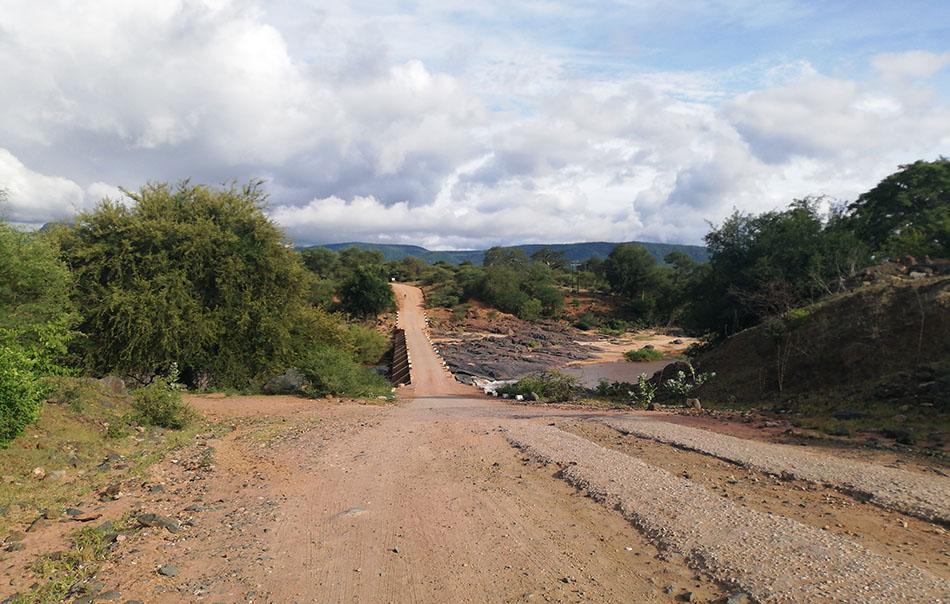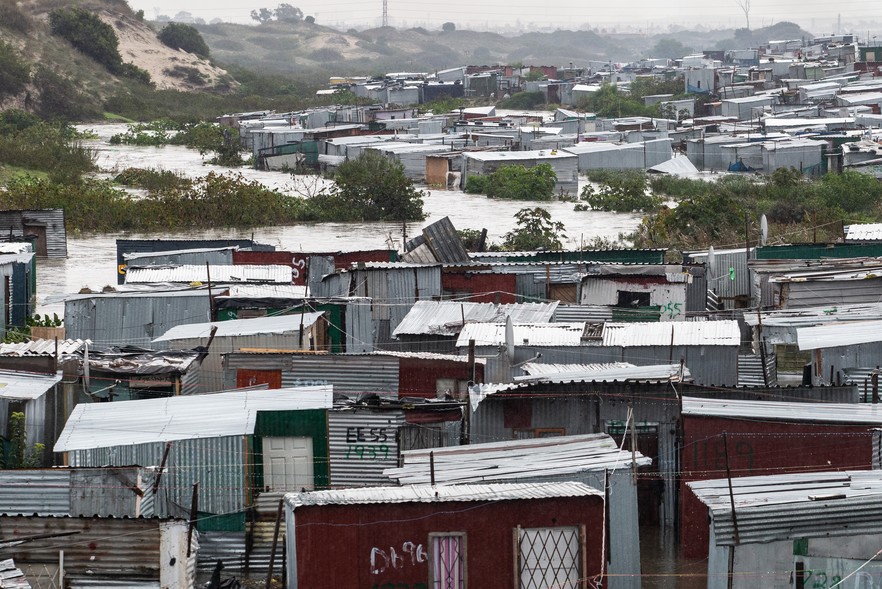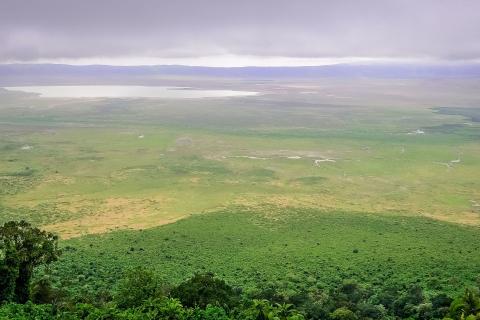Topics and Regions
Rick has over 40 years experience working in the land sector in Southern Africa. He is part of the Land Portal knowledge engagement team working to research and develop knowledge resources including data stories, blogs and in-depth country profiles for Southern, Central and Eastern Africa.
Rick is also a Senior Research Associate with Phuhlisani NPC - a South African land sector NGO and the curator of specialist Southern African land news and analysis website https://knowledgebase.land
He tweets on land related issues Twitter account https://twitter.com/KnowledgebaseL
He has a PhD from the University of Cape Town. His research in Langa, Cape Town features as the central case study in a recent book Urban Planning in the Global South (2018), co-authored with the late Vanessa Watson, which examines the on-going contestations over land and housing in the rapidly growing cities of the global South.
Details
Location
Contributions
Displaying 151 - 160 of 468Ngorongoro Evictions a Bad Idea: People and Nature Can Coexist
Lucas Yamat and Pablo Manzano
The future of Ngorongoro has been the subject of hot debate among various stakeholders following a proposal by the government of Tanzania to relocate pastoralists from the district in order to conserve this important World Heritage site.
The proposal is based on claims that wildlife in the reserve faces extinction due to a sharp increase in human and livestock populations. Discussions about the proposal have caused concern among the residents of Ngorongoro who fear that they face eviction.
6,000 health and environmental ‘time bombs’ still to be defused –South African Govt decades behind schedule
So little money has been allocated to cleaning up the legacy of the South African mining industry that it will take another 70 years to clean up just a fraction of the country’s more than 6,000 abandoned mines.
There are roughly 6,100 “derelict or ownerless” mines scattered across South Africa, many of which can expose people and the environment to significant harm due to pollution of the air, water and soil.
Insurgency and pandemic bring ruin to fishermen’s families in Cabo Delgado
Amisse Assane has been a fisherman in Cabo Delgado, northern Mozambique, for 25 years, but the rich waters that used to give him an income are now closed off by the security forces because of the armed insurgency in the region.
“It was once possible to make 10,000 meticais [€146.00] a day, but not any more,” says Assne in Kimuâni, one of the local languages.
Southern Angola’s severe drought drives migration into Namibia
People living in southern Angola are experiencing the worst drought in 40 years, with many crossing the border into Namibia in search of resources and relief after consecutive years of below-average rainfall affecting their crops.
The International Federation of the Red Cross (IFRC) says the Angolan provinces of Huila, Cunene and Namibe are hardest hit, with nearly 1.6 million people facing crisis or emergency levels of food insecurity during the six-month period ending in March.
Zimbabwe’s diamonds bring wealth for a few, despair for many
The arrival of huge mining corporations has left thousands in Marange feeling like prisoners in their own ancestral land.

Zanzibar land commission launches land survey drive
ZANZIBAR's Land Commission plans to survey 2,000 plots, prepare 3,400 maps and conduct valuation on 400 areas in the next fiscal year.
Land and Settlement Development Minister Rahma Kassim Ali told the House of Representatives here on Monday that the commission will as well prepare 2,000 titles on land use rights; 140 land rent contracts; and 100 identities for three-acre use.
Tanzanian parliamentarians: More funds needed for the Land Use Planning Commission
MEMBERS of Parliament have called upon the government to allocate sufficient funds to the National Land Use Planning Commission so that it can perform its functions of addressing land conflicts in the country.
They said the commission was formed to ensure sustainable land management systems, which address issues of land degradation and conflicts but lack of funds has crippled the entity to realise its objectives.



